Code
HCS30006
Weight
290 gm / 0.64 lbs
Size
Height
14cm (6") Width
9cm (4") Depth
5cm (2") Material
Copper
Availability
Available

Safe Payment
We accept Paypal, Money Transfer, Bank Transfer
Confidence
Protection covers your purchase and personal data.
Worldwide Delivery
We ship Worldwide, except Russia.Shipping cost US$25.2 for upto 0.5 kgs

Hotline
Talk to help line for your question on 9841267335Gold Painted Face
The face of Vajravarahi, Buddhist Miniature Statue, [partly Gold Plated], With [face Painted] is painted with gold to enhance its significant features, particularly the eyes, and lips. This detailed painting is essential as it brings forth the crucial attributes of the expression of eyes and lips that metal carving alone cannot capture.
Moreover, the painted face serves as a symbolic and sacred ritual in Buddhism, preparing the statue for consecration and practice. The act of painting the face with gold in Buddhism holds deep meaning. It represents the intention to bring life and expression to the statue, imbuing it with a sense of vitality and presence. The application of gold on the face showcases the devotion and craftsmanship of the artisans, ensuring that every detail is carefully attended to honor the sacred essence of the Vajravarahi, Buddhist Miniature Statue, [partly Gold Plated], With [face Painted]. Read More . . .
The face of Vajravarahi, Buddhist Miniature Statue, [partly Gold Plated], With [face Painted] is painted with gold to enhance its significant features, particularly the eyes, and lips. This detailed painting is essential as it brings forth the crucial attributes of the expression of eyes and lips that metal carving alone cannot capture.
Moreover, the painted face serves as a symbolic and sacred ritual in Buddhism, preparing the statue for consecration and practice. The act of painting the face with gold in Buddhism holds deep meaning. It represents the intention to bring life and expression to the statue, imbuing it with a sense of vitality and presence. The application of gold on the face showcases the devotion and craftsmanship of the artisans, ensuring that every detail is carefully attended to honor the sacred essence of the Vajravarahi, Buddhist Miniature Statue, [partly Gold Plated], With [face Painted]. Read More . . .
Partly Gold plating.
This Vajravarahi, Buddhist Miniature Statue, [partly Gold Plated], With [face Painted] has a Partly gold-plated finish. Partly fire gold gilding, a common practice in Nepali handicrafts. This technique is skillfully employed by artisans to create intricate designs on various metal objects, including statues, jewelry, and decorative items. Through a process, a mask or resist is applied to safeguard specific areas from the gold plating. The object is then subjected to high temperatures, allowing the gold to beautifully adhere to exposed surfaces using a combination of heat and pressure.
In the realm of Buddhist statues, this technique holds additional significance as it distinguishes the golden-plated body from the oxidized or maroon-painted clothing. This visual separation conveys the contrast between the divine purity of the body and the modest attire symbolizing the humble lifestyle of Buddhist monks. The partly fire gold gilding not only adds exquisite detail and elegance but also embodies the deep cultural and spiritual meaning associated with these treasured artifacts. Read More . . .
This Vajravarahi, Buddhist Miniature Statue, [partly Gold Plated], With [face Painted] has a Partly gold-plated finish. Partly fire gold gilding, a common practice in Nepali handicrafts. This technique is skillfully employed by artisans to create intricate designs on various metal objects, including statues, jewelry, and decorative items. Through a process, a mask or resist is applied to safeguard specific areas from the gold plating. The object is then subjected to high temperatures, allowing the gold to beautifully adhere to exposed surfaces using a combination of heat and pressure.
In the realm of Buddhist statues, this technique holds additional significance as it distinguishes the golden-plated body from the oxidized or maroon-painted clothing. This visual separation conveys the contrast between the divine purity of the body and the modest attire symbolizing the humble lifestyle of Buddhist monks. The partly fire gold gilding not only adds exquisite detail and elegance but also embodies the deep cultural and spiritual meaning associated with these treasured artifacts. Read More . . .
Ceramic Molding System
The Vajravarahi, Buddhist Miniature Statue, [partly Gold Plated], With [face Painted] has been crafted using the Ceramic mold casting process, a modern approach that provides an alternative to traditional methods such as the lost-wax system or rubber molding. Also referred to as ceramic molding, this technique involves the creation of a ceramic mold to cast the statue. The process begins by making a precise and detailed wax model of the desired sculpture. The wax model is then coated with layers of ceramic material, creating a sturdy mold. Once the mold is complete, it is fired in a kiln, causing the wax to melt and escape, leaving behind a cavity that perfectly replicates the original sculpture. Molten metal is then poured into the mold, allowing it to fill the cavity and take on the desired form. Once cooled and solidified, the ceramic mold is carefully broken away, revealing the final metal statue. Read More . . .
The Vajravarahi, Buddhist Miniature Statue, [partly Gold Plated], With [face Painted] has been crafted using the Ceramic mold casting process, a modern approach that provides an alternative to traditional methods such as the lost-wax system or rubber molding. Also referred to as ceramic molding, this technique involves the creation of a ceramic mold to cast the statue. The process begins by making a precise and detailed wax model of the desired sculpture. The wax model is then coated with layers of ceramic material, creating a sturdy mold. Once the mold is complete, it is fired in a kiln, causing the wax to melt and escape, leaving behind a cavity that perfectly replicates the original sculpture. Molten metal is then poured into the mold, allowing it to fill the cavity and take on the desired form. Once cooled and solidified, the ceramic mold is carefully broken away, revealing the final metal statue. Read More . . .
Brief Introduction :
Vajravarahi, also known as Dorje Phagmo, is a prominent deity in Tibetan Buddhism. She is revered as a fierce and powerful manifestation of enlightened wisdom and compassion. Vajravarahi is often depicted as a wrathful deity, symbolizing the transformative energy needed to overcome obstacles and delusions on the path to enlightenment. She holds a skull cup filled with blood, representing the transformation of negative emotions into wisdom nectar, and a curved knife, symbolizing the cutting through of ignorance and dualistic thinking. With her fierce appearance, Vajravarahi represents the intensity and determination required to face and transcend the challenges of existence. Devotees turn to Vajravarahi for protection, healing, and spiritual transformation.
Iconography:
Vajravarahi is typically depicted as a red or dark blue deity with one face and two or four arms. She has a wrathful expression with fangs, a crown of skulls, and a third eye symbolizing her wisdom. Vajravarahi's primary hands hold a skull cup filled with blood, and a curved knife, while her secondary hands may hold various symbolic objects such as a vajra (thunderbolt), trident, or lotus. She stands on a prostrate figure representing ignorance and ego, and often has a garland of severed heads adorning her body.
History:
Vajravarahi has a rich history within Tibetan Buddhism. Her origins can be traced back to ancient Indian goddesses like Chinnamasta and Vajrayogini. Vajravarahi's practice was integrated into the Tibetan Buddhist tradition through the teachings of Indian masters like Naropa and Marpa, and later transmitted by Tibetan masters such as Milarepa and Tsongkhapa. Her practice became particularly prevalent in the Kagyu, Sakya, and Nyingma traditions of Tibetan Buddhism, where she is considered a key deity within the inner tantric practices.
Temples and Monasteries:
Vajravarahi is highly venerated in numerous temples and monasteries throughout the world. While there may not be a specific temple dedicated solely to Vajravarahi in Nepal, she is worshipped in several Tibetan Buddhist monasteries and retreat centers within the country. Some notable temples and monasteries associated with Vajravarahi can be found in other parts of the world, such as the Nalanda Temple in France, Samye Ling Monastery in Scotland, and Kopan Monastery in Nepal.
Benefits of Practicing Vajravarahi:
The practice of Vajravarahi offers various benefits to its practitioners. By connecting with her fierce energy, devotees can transform negative emotions into wisdom and compassion. Vajravarahi's practice is believed to purify negative karma, protect against obstacles, and grant spiritual realization. Devotees seek her blessings for healing physical ailments, overcoming fear and obstacles, and attaining spiritual liberation. Through her practice, practitioners aim to develop clarity of mind, inner strength, and the ability to skillfully navigate the challenges of life.
How to Practice:
The practice of Vajravarahi is typically taught as an advanced tantric practice within the Tibetan Buddhist tradition. It requires receiving empowerment (initiation) from a qualified teacher and engaging in specific rituals, visualizations, and mantra recitations. The practice often involves meditation on Vajravarahi's form, reciting her mantra, and engaging in deity yoga, which involves visualizing oneself as the deity. To embark on this practice, it is essential to seek guidance from an experienced teacher who can provide proper instructions and support.
Mantras of Vajravarahi:
The mantra associated with Vajravarahi is:
"OM BENZAR VAJRA KILI KILIYA SARVA BIGHANEN BAM HUM PHAT"
Reciting this mantra with devotion and understanding is believed to invoke the blessings and protection of Vajravarahi. The mantra can be chanted as part of the deity's practice or recited individually for specific purposes such as purification, removing obstacles, and cultivating inner strength. It is recommended to receive proper guidance from a qualified teacher to ensure accurate pronunciation and understanding of the mantra's meaning.
Vajravarahi is typically depicted as a red or dark blue deity with one face and two or four arms. She has a wrathful expression with fangs, a crown of skulls, and a third eye symbolizing her wisdom. Vajravarahi's primary hands hold a skull cup filled with blood, and a curved knife, while her secondary hands may hold various symbolic objects such as a vajra (thunderbolt), trident, or lotus. She stands on a prostrate figure representing ignorance and ego, and often has a garland of severed heads adorning her body.
History:
Vajravarahi has a rich history within Tibetan Buddhism. Her origins can be traced back to ancient Indian goddesses like Chinnamasta and Vajrayogini. Vajravarahi's practice was integrated into the Tibetan Buddhist tradition through the teachings of Indian masters like Naropa and Marpa, and later transmitted by Tibetan masters such as Milarepa and Tsongkhapa. Her practice became particularly prevalent in the Kagyu, Sakya, and Nyingma traditions of Tibetan Buddhism, where she is considered a key deity within the inner tantric practices.
Temples and Monasteries:
Vajravarahi is highly venerated in numerous temples and monasteries throughout the world. While there may not be a specific temple dedicated solely to Vajravarahi in Nepal, she is worshipped in several Tibetan Buddhist monasteries and retreat centers within the country. Some notable temples and monasteries associated with Vajravarahi can be found in other parts of the world, such as the Nalanda Temple in France, Samye Ling Monastery in Scotland, and Kopan Monastery in Nepal.
Benefits of Practicing Vajravarahi:
The practice of Vajravarahi offers various benefits to its practitioners. By connecting with her fierce energy, devotees can transform negative emotions into wisdom and compassion. Vajravarahi's practice is believed to purify negative karma, protect against obstacles, and grant spiritual realization. Devotees seek her blessings for healing physical ailments, overcoming fear and obstacles, and attaining spiritual liberation. Through her practice, practitioners aim to develop clarity of mind, inner strength, and the ability to skillfully navigate the challenges of life.
How to Practice:
The practice of Vajravarahi is typically taught as an advanced tantric practice within the Tibetan Buddhist tradition. It requires receiving empowerment (initiation) from a qualified teacher and engaging in specific rituals, visualizations, and mantra recitations. The practice often involves meditation on Vajravarahi's form, reciting her mantra, and engaging in deity yoga, which involves visualizing oneself as the deity. To embark on this practice, it is essential to seek guidance from an experienced teacher who can provide proper instructions and support.
Mantras of Vajravarahi:
The mantra associated with Vajravarahi is:
"OM BENZAR VAJRA KILI KILIYA SARVA BIGHANEN BAM HUM PHAT"
Reciting this mantra with devotion and understanding is believed to invoke the blessings and protection of Vajravarahi. The mantra can be chanted as part of the deity's practice or recited individually for specific purposes such as purification, removing obstacles, and cultivating inner strength. It is recommended to receive proper guidance from a qualified teacher to ensure accurate pronunciation and understanding of the mantra's meaning.


![Vajravarahi, Buddhist Miniature Statue, [partly Gold Plated], With [face Painted]](https://handicraftseller.com/uploads/pics/product/thumb/2023/07/30006.jpg)
![Vajravarahi, Buddhist Miniature Statue, [partly Gold Plated], With [face Painted]](https://handicraftseller.com/uploads/pics/product/thumb/2023/07/30006_0.jpg)
![Vajravarahi, Buddhist Miniature Statue, [partly Gold Plated], With [face Painted]](https://handicraftseller.com/uploads/pics/product/thumb/2023/07/30006_1.jpg)
![Vajravarahi, Buddhist Miniature Statue, [partly Gold Plated], With [face Painted]](https://handicraftseller.com/uploads/pics/product/thumb/2023/07/30006_2.jpg)
![Vajravarahi, Buddhist Miniature Statue, [partly Gold Plated], With [face Painted]](https://handicraftseller.com/uploads/pics/product/thumb/2023/07/30006_3.jpg)

 Traditional Color Finishing, Chepame, Amitayus" title="Aparimita Handmade Statue
Traditional Color Finishing, Chepame, Amitayus" title="Aparimita Handmade Statue 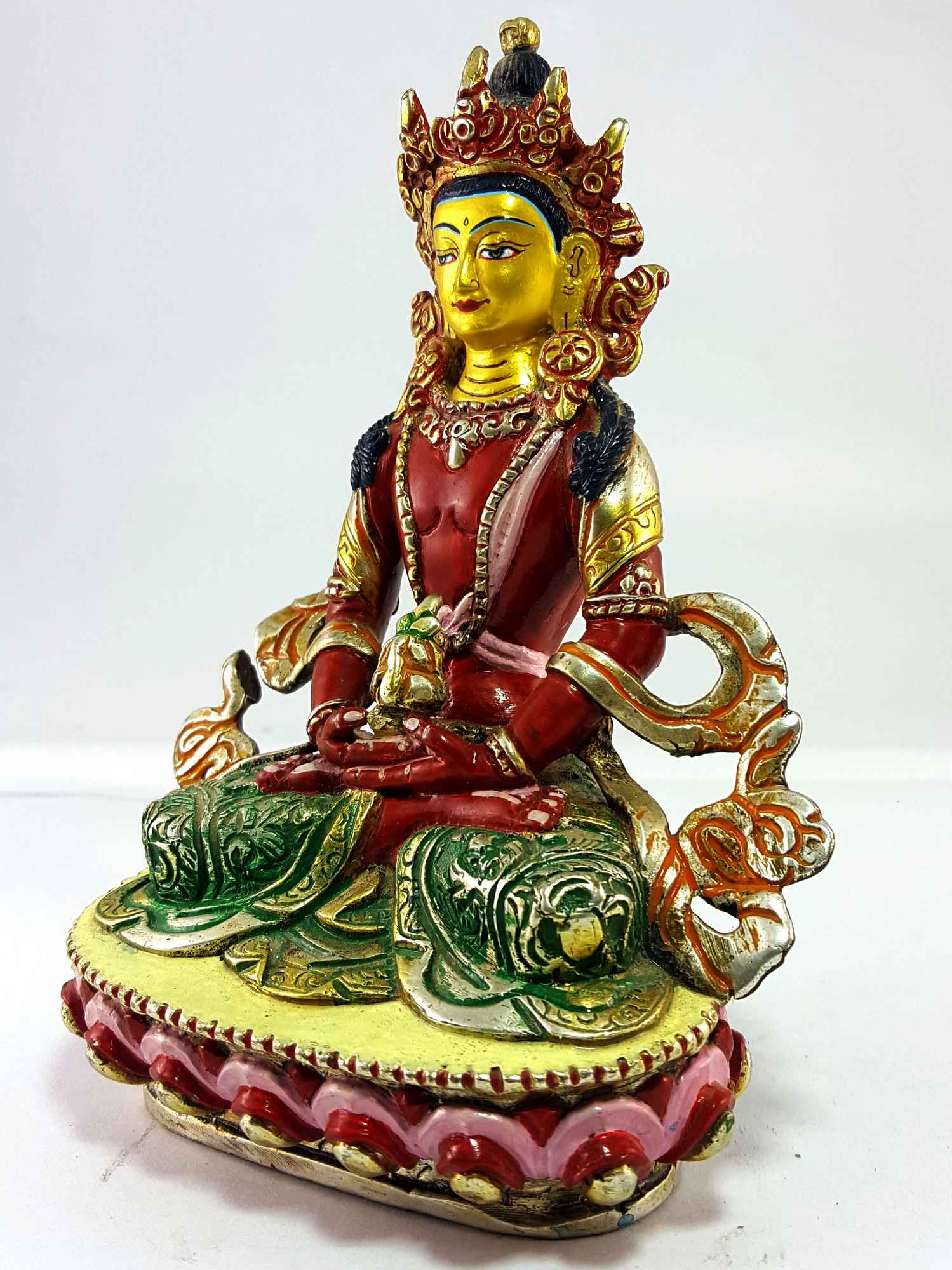 Traditional Color Finishing, Chepame, Amitayus" title="Aparimita Handmade Statue
Traditional Color Finishing, Chepame, Amitayus" title="Aparimita Handmade Statue  Full Gold Plated" title="Avalokiteshvara, Chenrezig Statue,
Full Gold Plated" title="Avalokiteshvara, Chenrezig Statue, 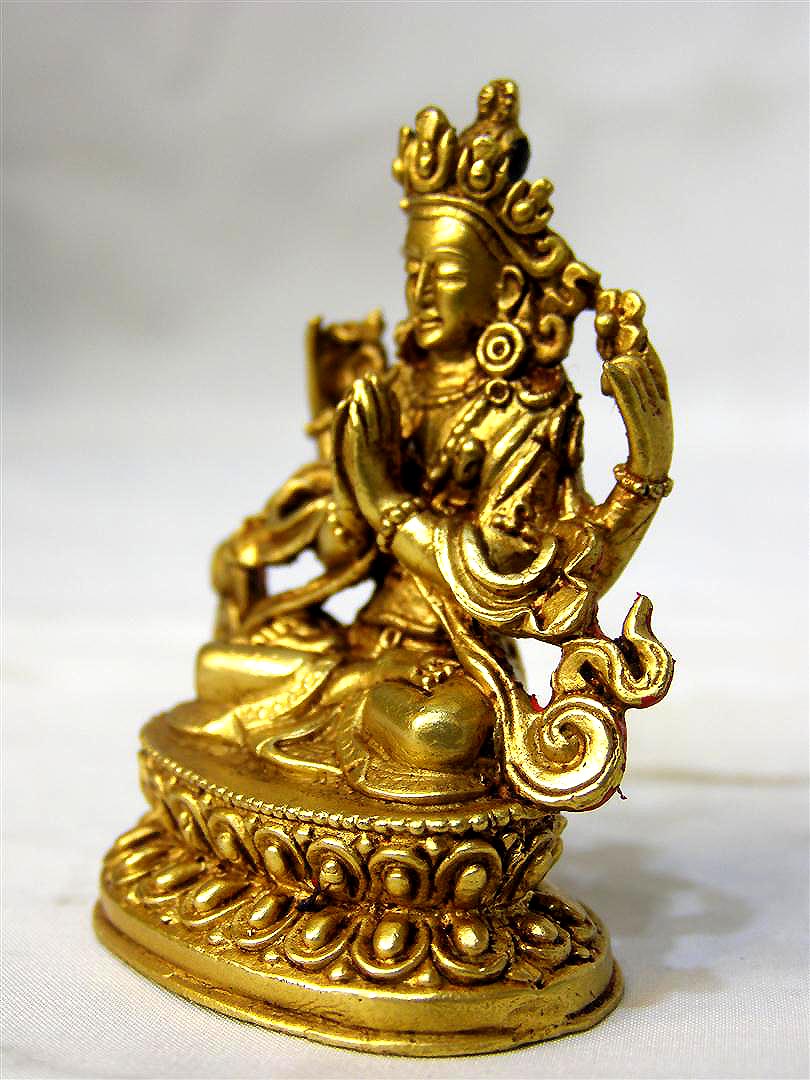 Full Gold Plated" title="Avalokiteshvara, Chenrezig Statue,
Full Gold Plated" title="Avalokiteshvara, Chenrezig Statue,  Stupa, Buddhist Statue,
Stupa, Buddhist Statue,  Stupa, Buddhist Statue,
Stupa, Buddhist Statue, 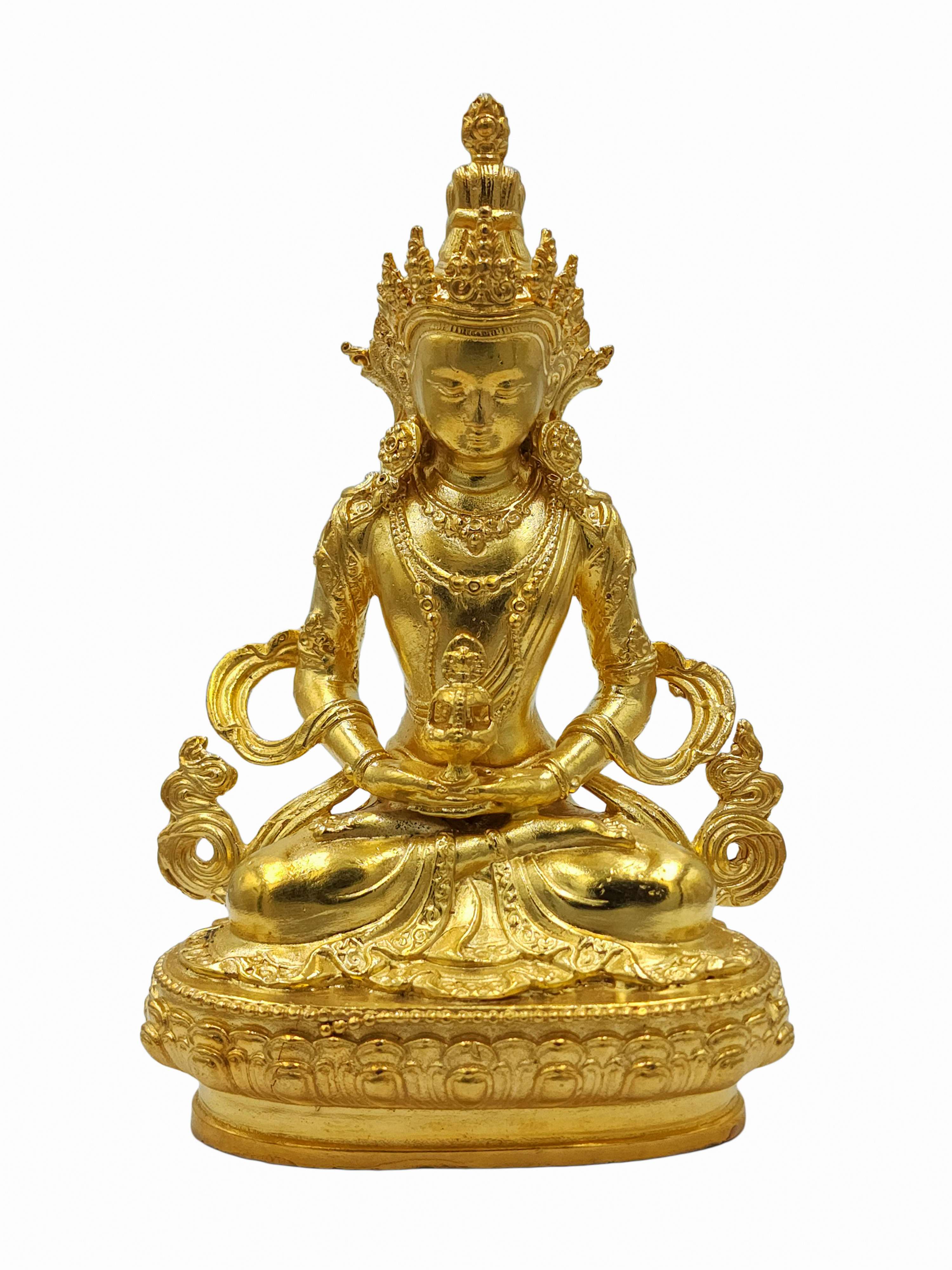 Full Gold Plated, Amitayus, Chepame" title="Aparimita, Buddhist Miniature Statue,
Full Gold Plated, Amitayus, Chepame" title="Aparimita, Buddhist Miniature Statue, 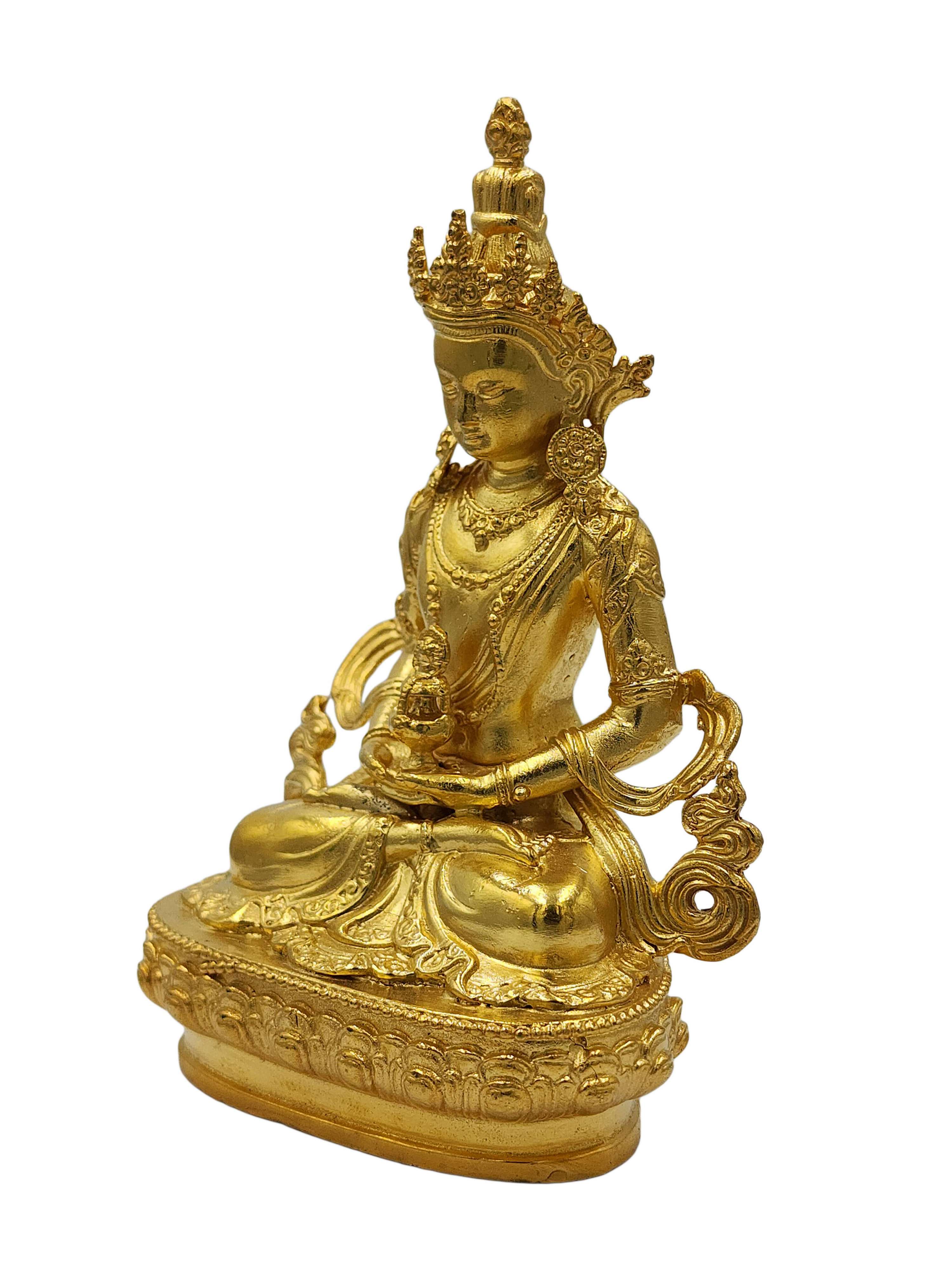 Full Gold Plated, Amitayus, Chepame" title="Aparimita, Buddhist Miniature Statue,
Full Gold Plated, Amitayus, Chepame" title="Aparimita, Buddhist Miniature Statue,  of Shakyamuni Buddha
of Shakyamuni Buddha 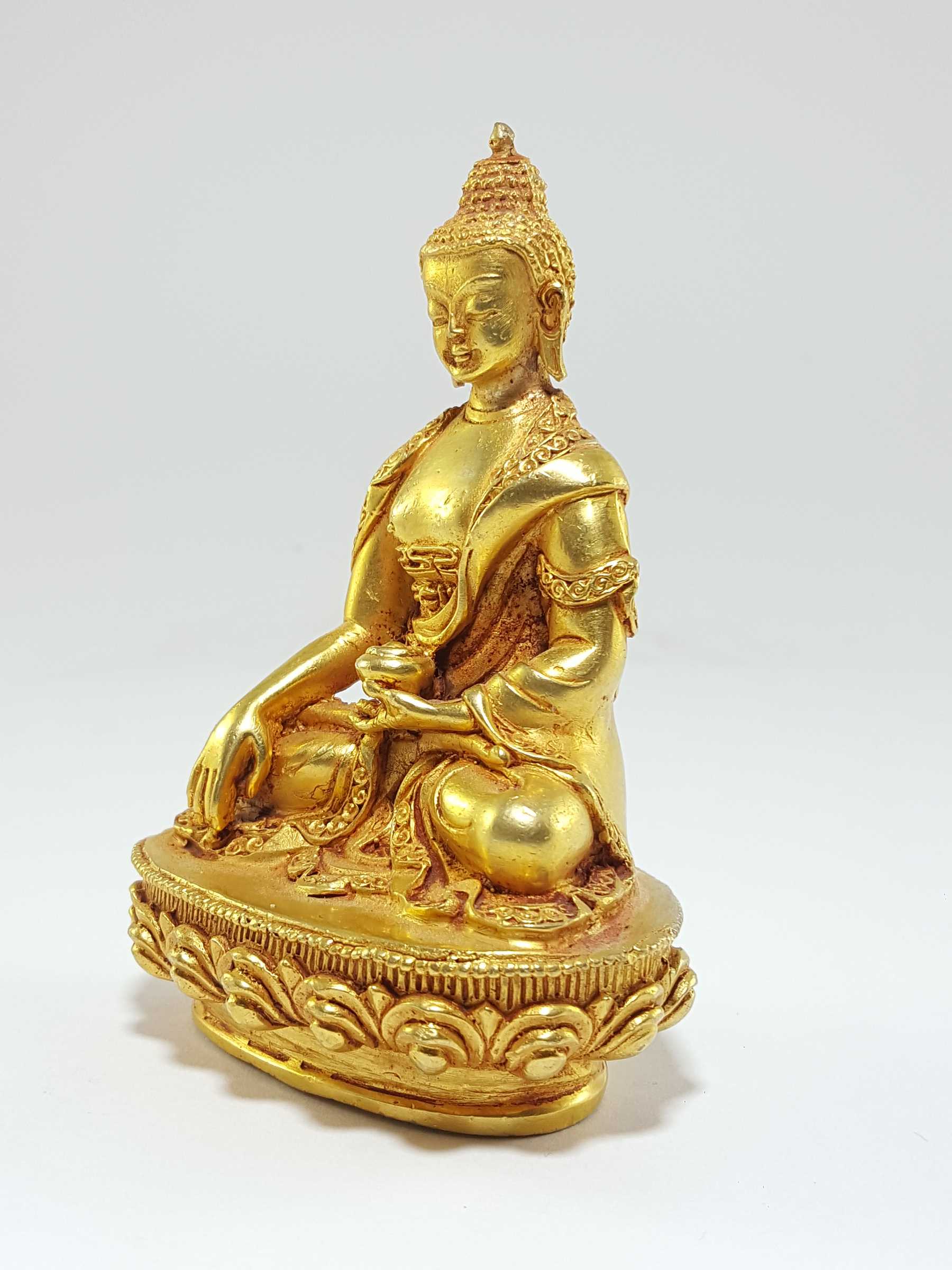 of Shakyamuni Buddha
of Shakyamuni Buddha 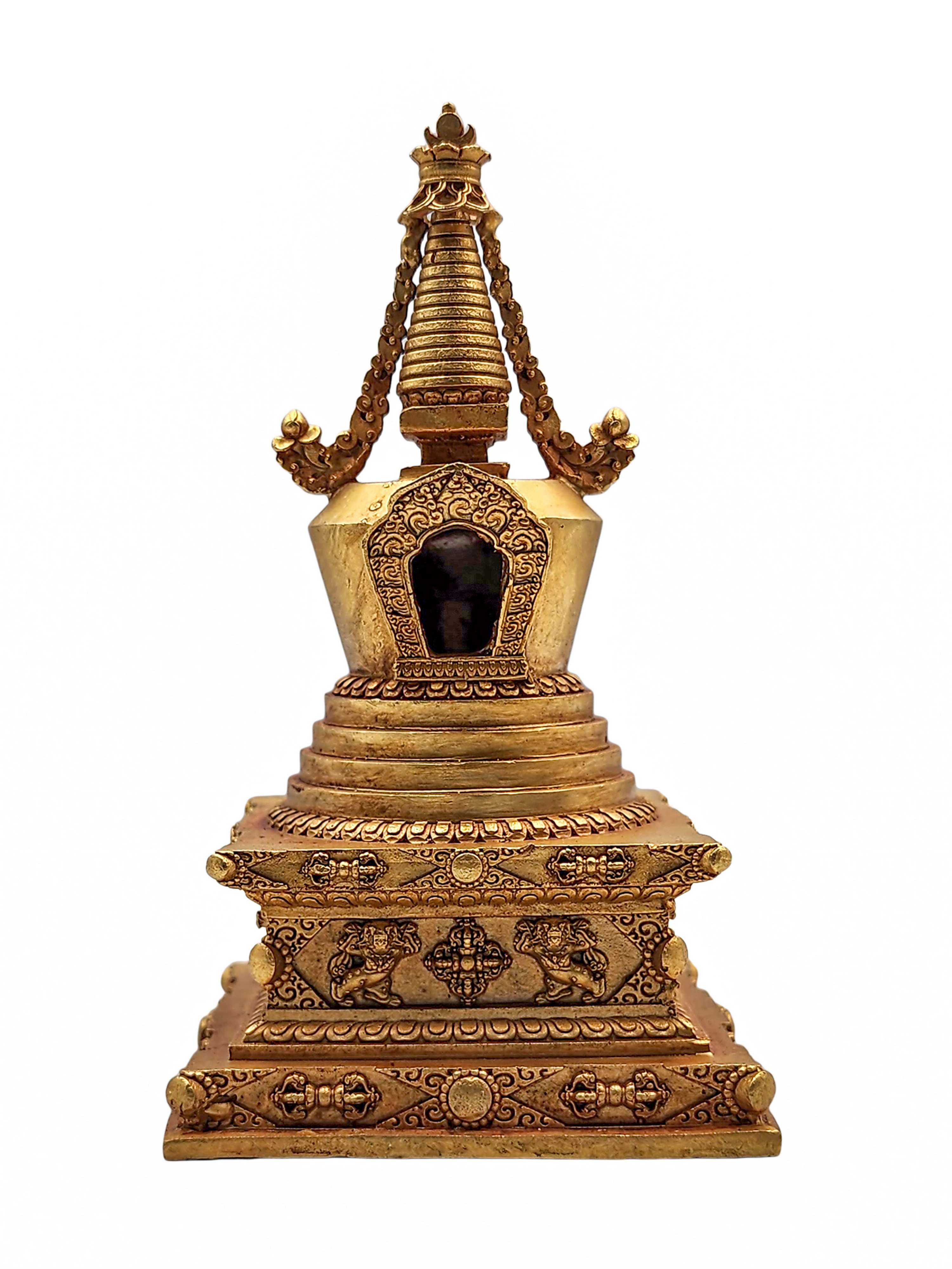 Stupa, Buddhist Statue,
Stupa, Buddhist Statue, 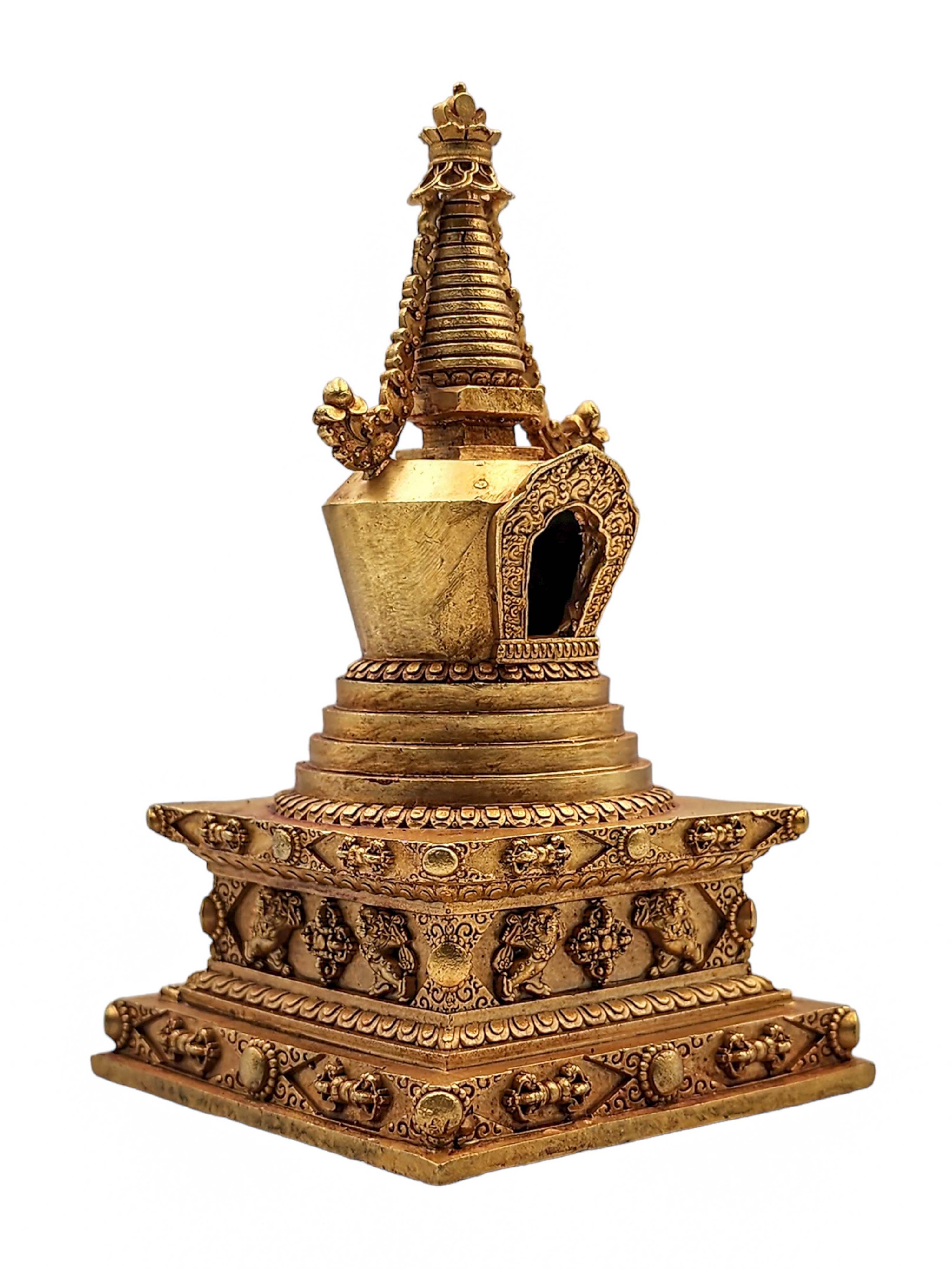 Stupa, Buddhist Statue,
Stupa, Buddhist Statue, 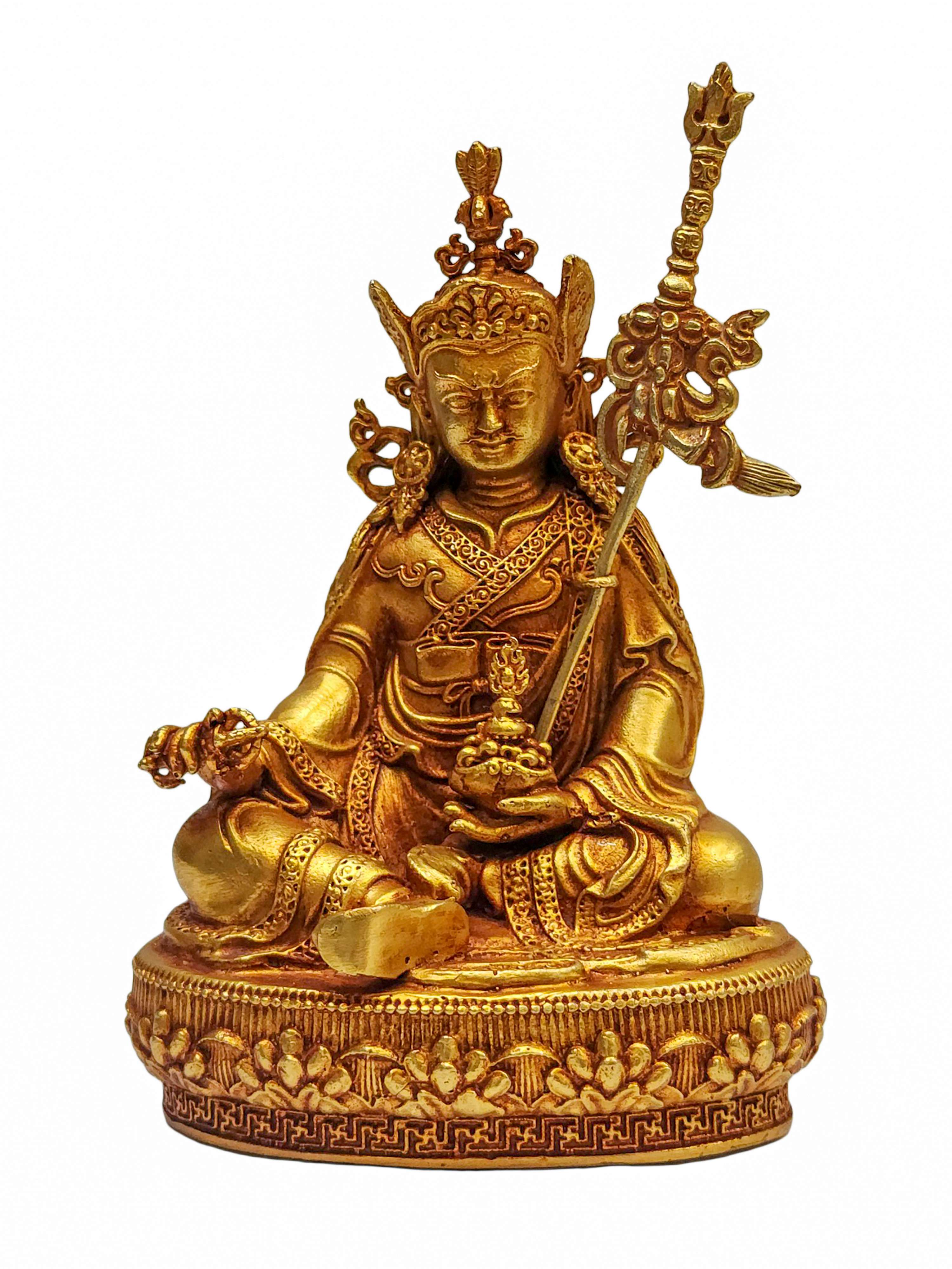 Padmasambhava, Buddhist Miniature Statue
Padmasambhava, Buddhist Miniature Statue 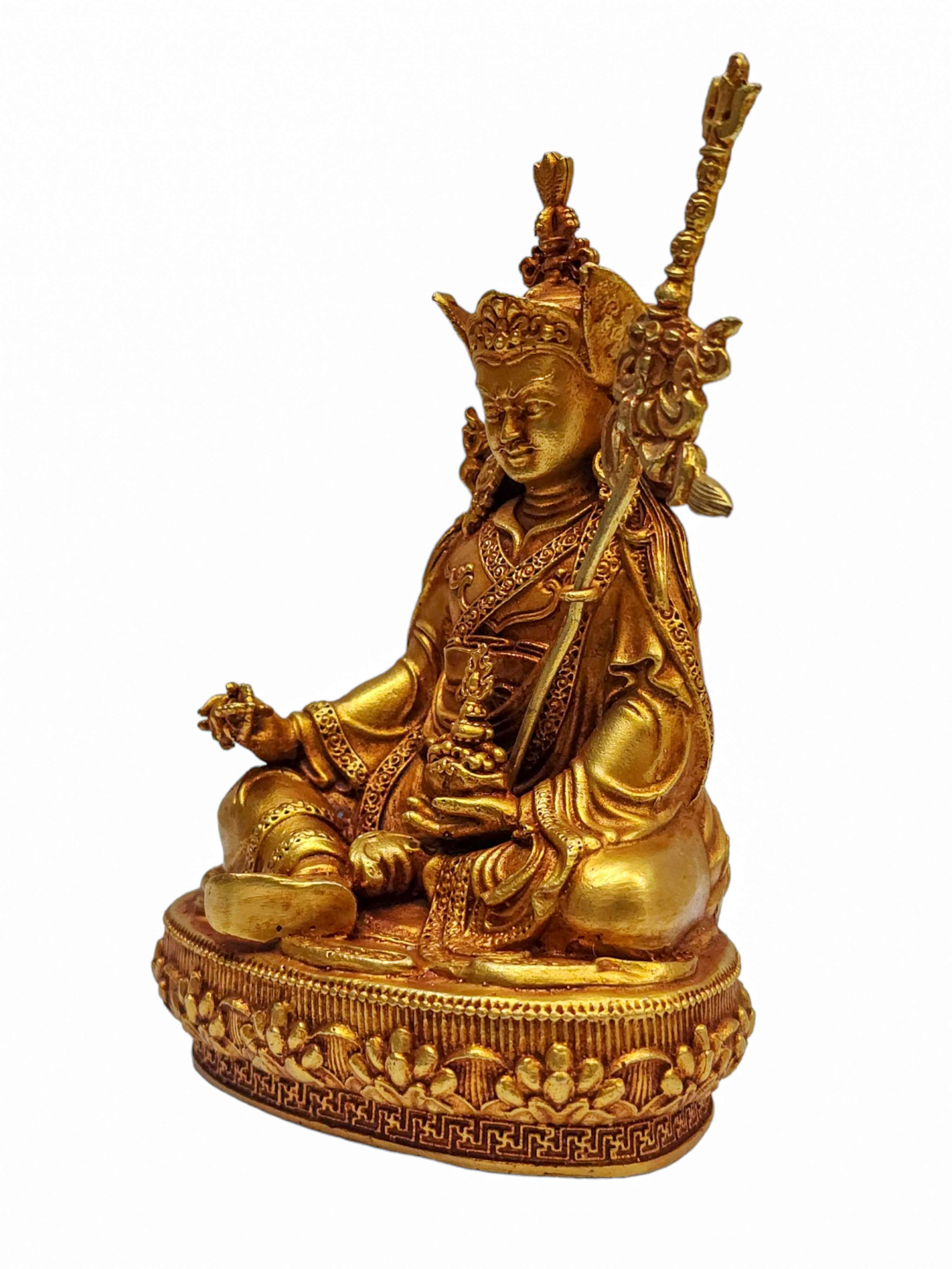 Padmasambhava, Buddhist Miniature Statue
Padmasambhava, Buddhist Miniature Statue 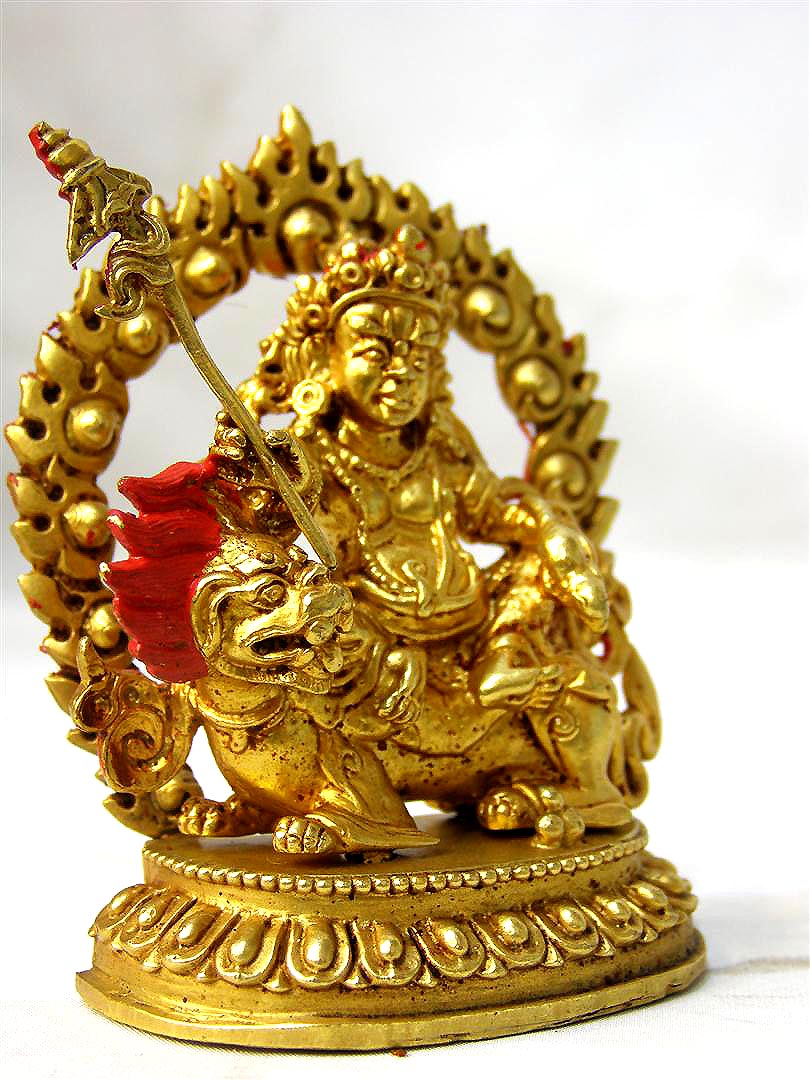 Full Gold Plated" title="Namtose Vaisravana Jambhala Statue,
Full Gold Plated" title="Namtose Vaisravana Jambhala Statue, 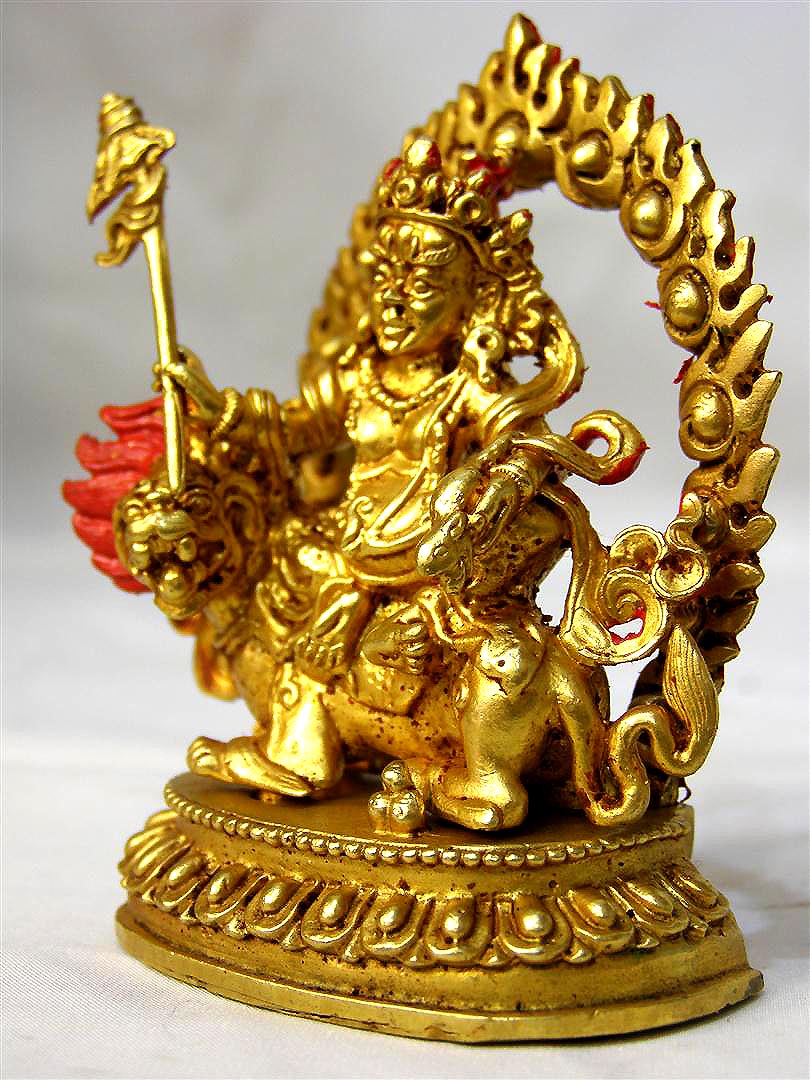 Full Gold Plated" title="Namtose Vaisravana Jambhala Statue,
Full Gold Plated" title="Namtose Vaisravana Jambhala Statue, 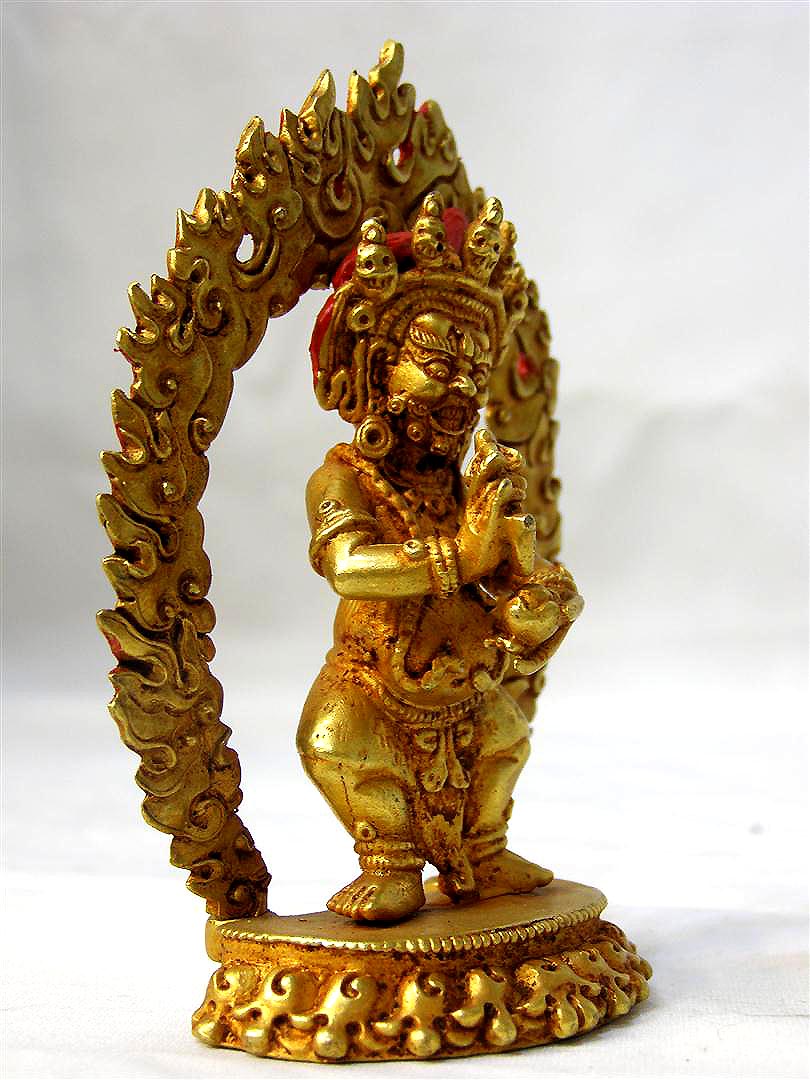 Full Gold Plated" title="Mahakala Panjaranatha Statue,
Full Gold Plated" title="Mahakala Panjaranatha Statue, 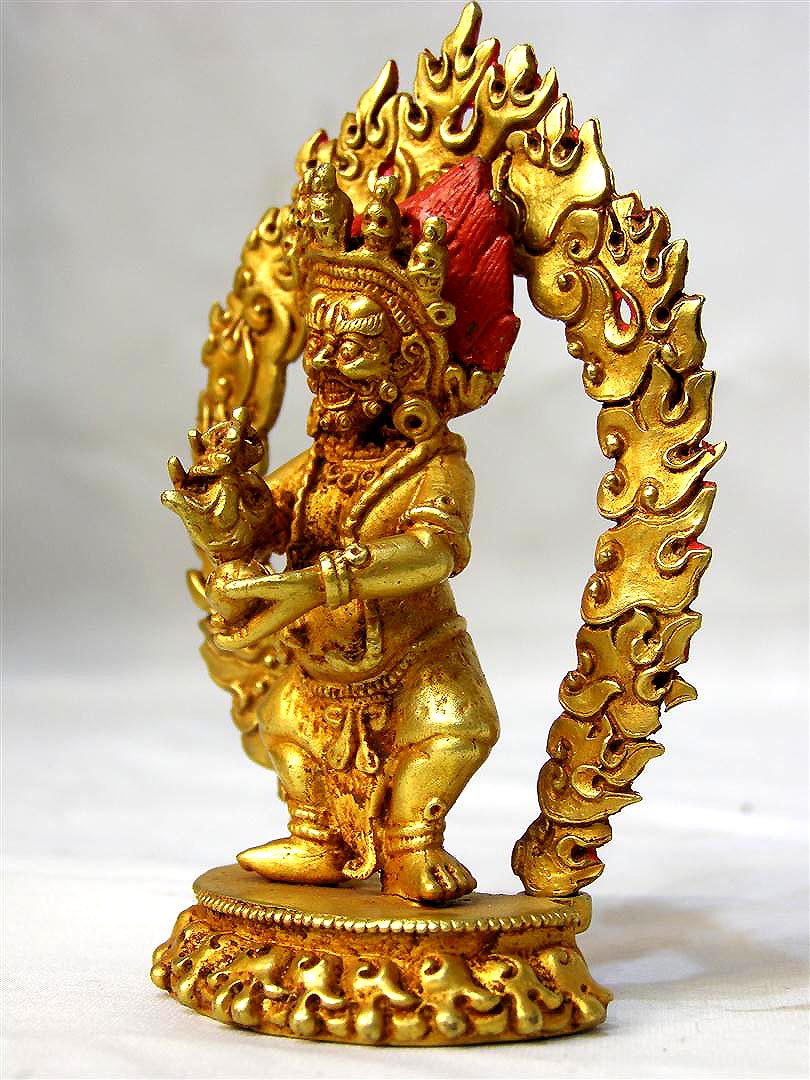 Full Gold Plated" title="Mahakala Panjaranatha Statue,
Full Gold Plated" title="Mahakala Panjaranatha Statue,  of Green Tara On A Thrown
of Green Tara On A Thrown 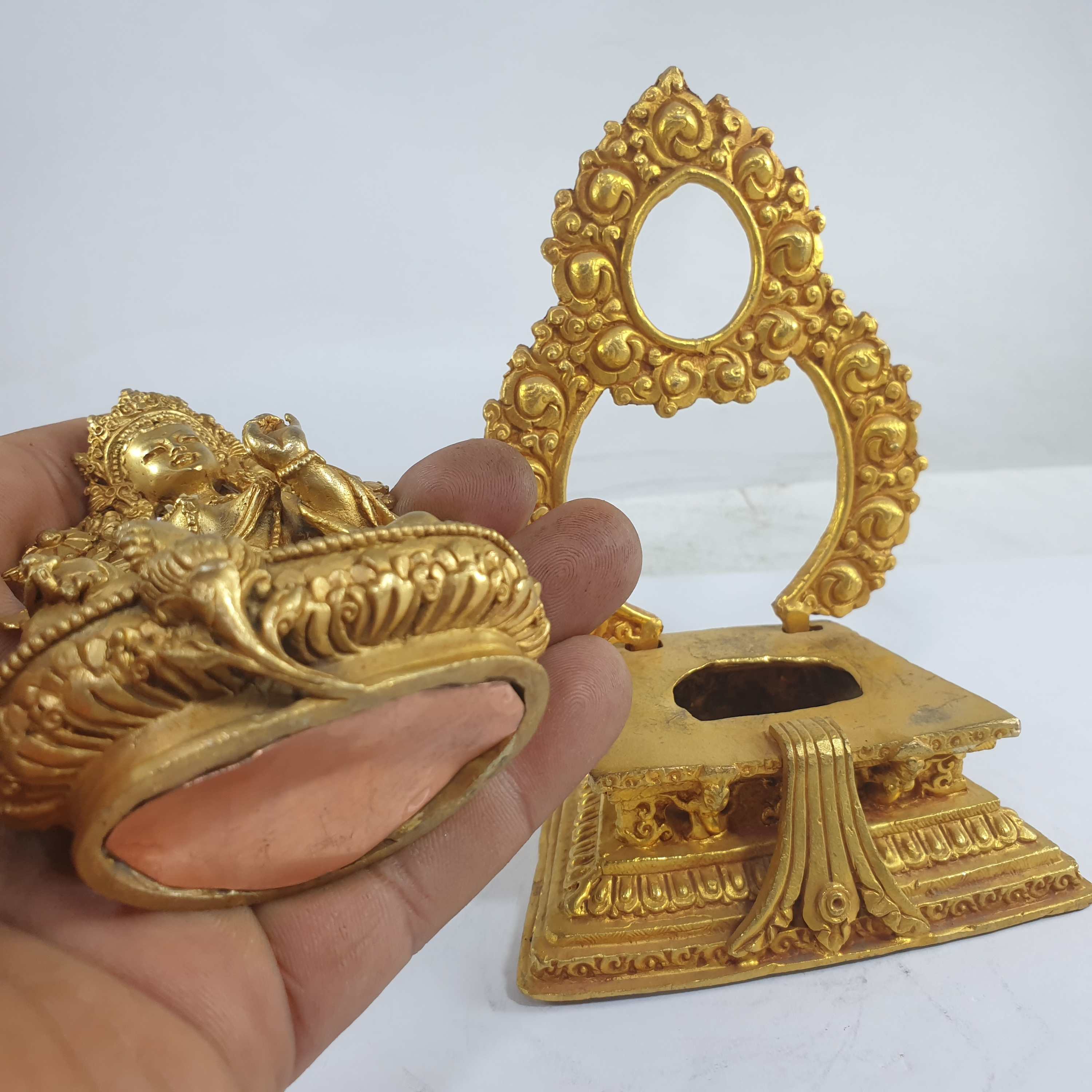 of Green Tara On A Thrown
of Green Tara On A Thrown